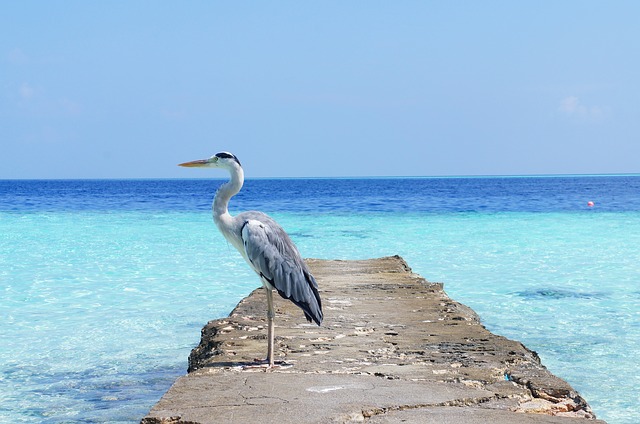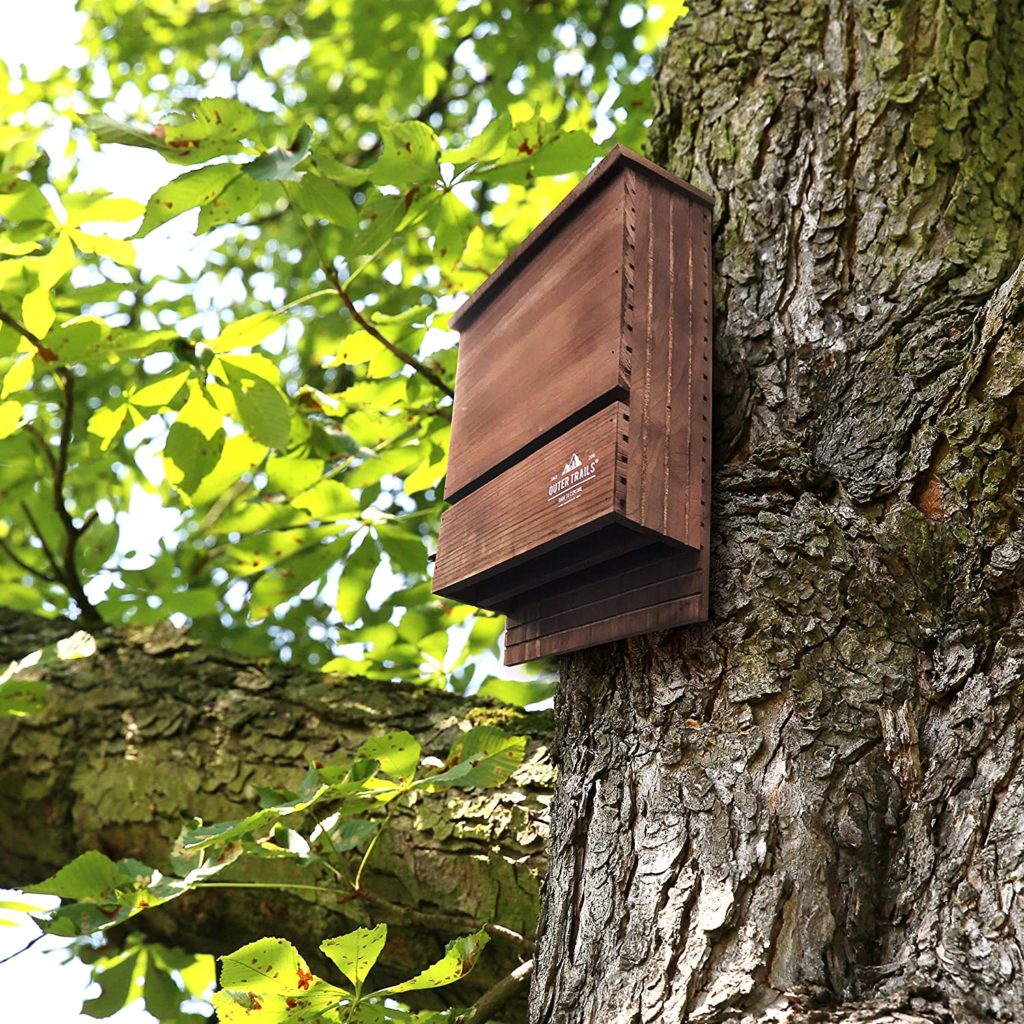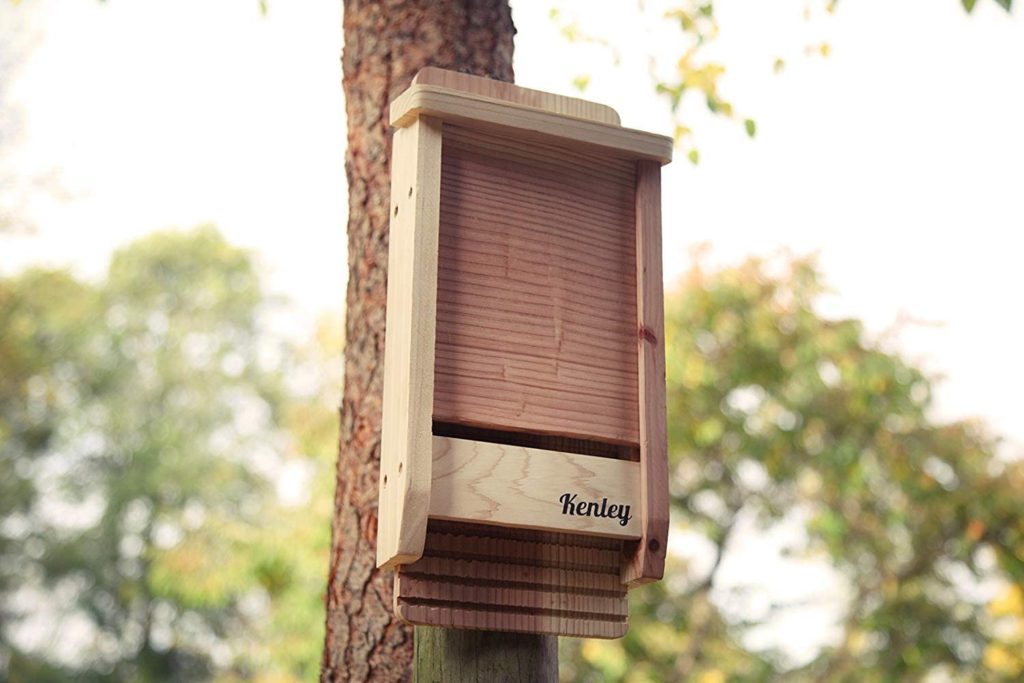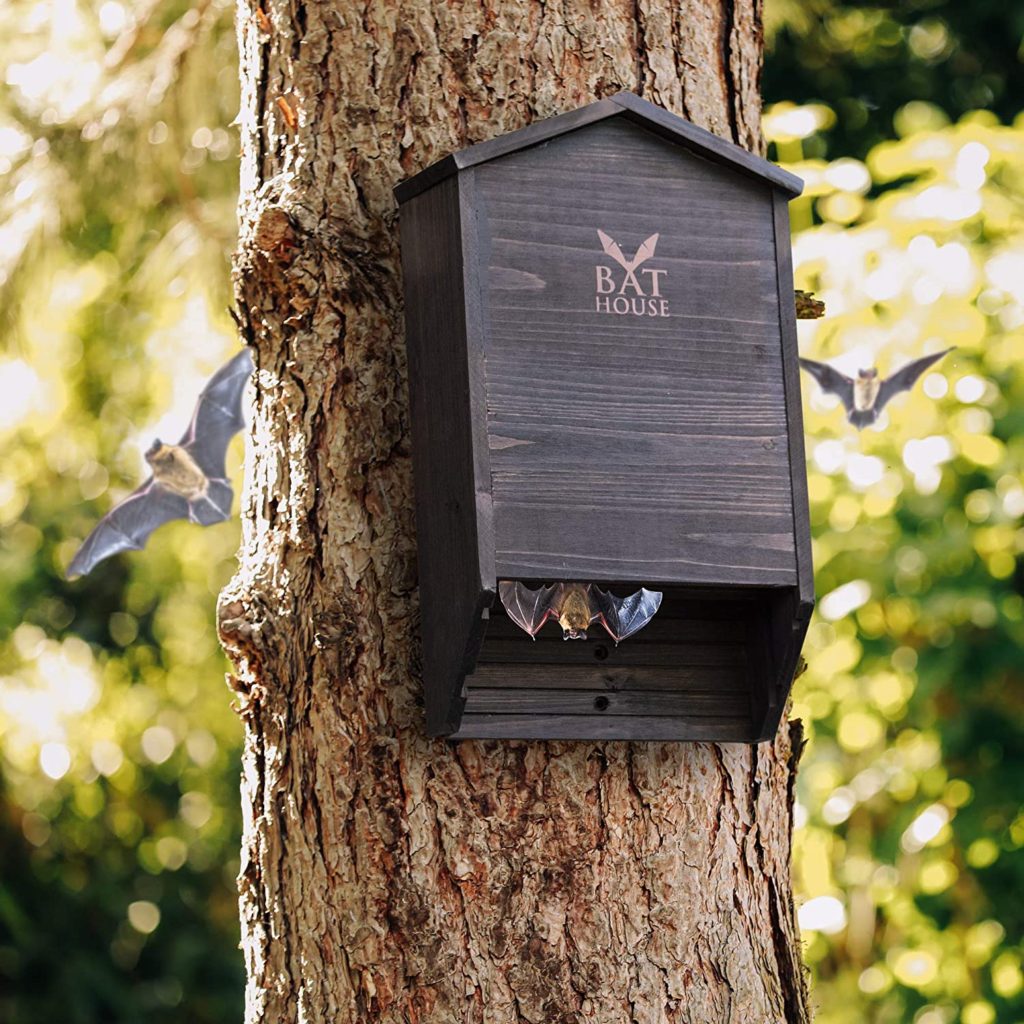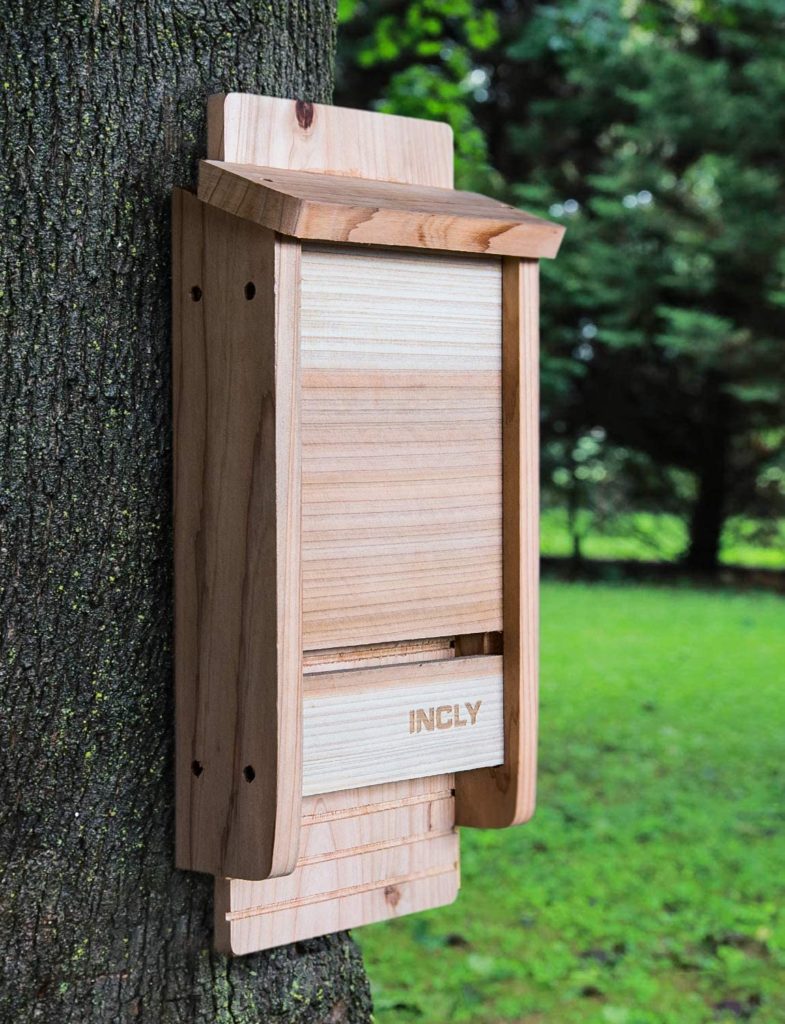
Do great blue herons migrate? This is something many people wonder about, especially if they’ve seen a heron during the cold winter months. And the answer is both yes and no. Here’s what you’ll want to know.
Great Blue Heron Range
The great blue heron has a large range. In fact, it has the largest non-breeding range of any North American heron. In the summer months, it can be found over most of North America and southern Canada.
Most Herons Migrate
The majority of great blue herons migrate during the winter months since the waters where they feed freeze over. Herons located in north-central North America, in particular, are the most likely to migrate because of the yearly freezing winter conditions.
During the winter months migrating herons fly south to warmer locations. And during this time their range extends to Mexico, the Caribbean, and into northern South America as well. Normally great blue herons migrate in September and October and may fly both during the day and at night.
While some herons fly south in small groups containing only a few birds, others will fly in groups as large as a hundred or more. Important wintering areas for great blue herons include such places as the Strait of Georgia, the Puget Sound, Great Salt Lake, Florida, the Gulf of Mexico, and the pacific coast of Mexico.
But there are many others as well. Herons will typically stay in warm southern locations until around February or March when they start a return migration back.
Some Herons Don’t Migrate
Herons that live in warm areas such as the southern United States and below are usually year-round residents. Those that live in areas where there are mild winters may not migrate either. Whether a heron migrates or not may also depend on how mild or severe the specific winter is.
If herons do stay the winter and larger bodies of water such as lakes do freeze these birds may simply change to feeding in unfrozen moving water such as rivers and streams to find food.
One of the more interesting great blue heron facts is that there are also just some individual birds that simply decide to remain in cold northern climates year-round. And because herons eat a wide range of prey which includes things such as rodents it helps to sustain them if and when the water freezes over.
Start Shopping for Birding Supplies!
How Does A Heron Catch Fish?
The great blue heron is well-known for its looks but also its fish-catching abilities. Whether in the wild or someone’s backyard pond these large birds are master hunters. So how does a heron catch fish? Here’s what you’ll want to know. Built For Success While herons...
What Direction Should A Bat House Face?
Buy on Amazon Bats are very particular when it comes to whether or not they will move into a bat house. One of the most important factors is the temperature inside, which will be strongly influenced by the direction that the house is facing. So what direction should a...
When To Put Up A Bat House
Buy on Amazon Bats can be a big benefit to your yard. But they can be picky when it comes to where they actually decide to roost. Knowing when to put up a bat house can help to tip the odds in your favor. Basic Seasonal Bat Behavior Many people don’t realize that in...
Bat Attractant: The Secret Weapon For Bat House Success
Buy on Amazon Purchasing a bat house is easy, however, having a colony of bats take up residence inside it is sometimes another story. To tip the odds in your favor using bat attractant can help. Here’s what you’ll want to know when considering using it. Bat House...
How To Attract Bats To Your Bat House
Buy on Amazon Having bats in your yard offers many fantastic benefits. So it’s no wonder that more and more people are installing bat houses in an attempt to get them to stay. However, you’ll first need to know how to attract bats to your bat house if you want them to...
The Buzz About Bee Gardens
Chances are if you’ve been paying even a little bit of attention, you’ve heard about the “beepocalypse.” Depending on the source, you’ve likely seen varying levels of concern. While some experts are simply following the phenomenon, others are downright alarmed....
What Does A Bat House Look Like?
Buy on Amazon Bat houses are shelters made specifically for bats. These flying mammals have special needs that houses are designed to meet. So what does a bat house look like? Well, read on and find out! Bat House Designs Houses for bats actually look like boxes. For...
What Is A Bat House?
Buy on Amazon What is a bat house? And better yet, why would you want one on your property? These are both commonly asked questions. Whether you’re just curious or have always wanted to have bats in your yard here’s what you’ll need to know. Bats are nocturnal...
The Top Bat House Benefits
Buy on Amazon A bat house is a specially designed shelter for bats. It provides them with a safe and convenient place to sleep. While they are great for the bats, there are many bat house benefits you can enjoy as well when you have one in your yard. Keep Bats Out Of...
Where To Put A Bat House
Buy on Amazon Where to put a bat house is an important decision. If it’s not in an appropriate spot, you may be putting your resident bats in danger. Or you may end up with an empty house since no bats are interested in living in it. So you’ll need to know a few...
Beneficial Garden Insects And Creatures Often Confused For Pests
There are many animals that we consider to be pests. However, many of them actually perform critical tasks and help to control the populations of much more devastating species. The following beneficial insects and creatures are ones you’ll want to keep around....
